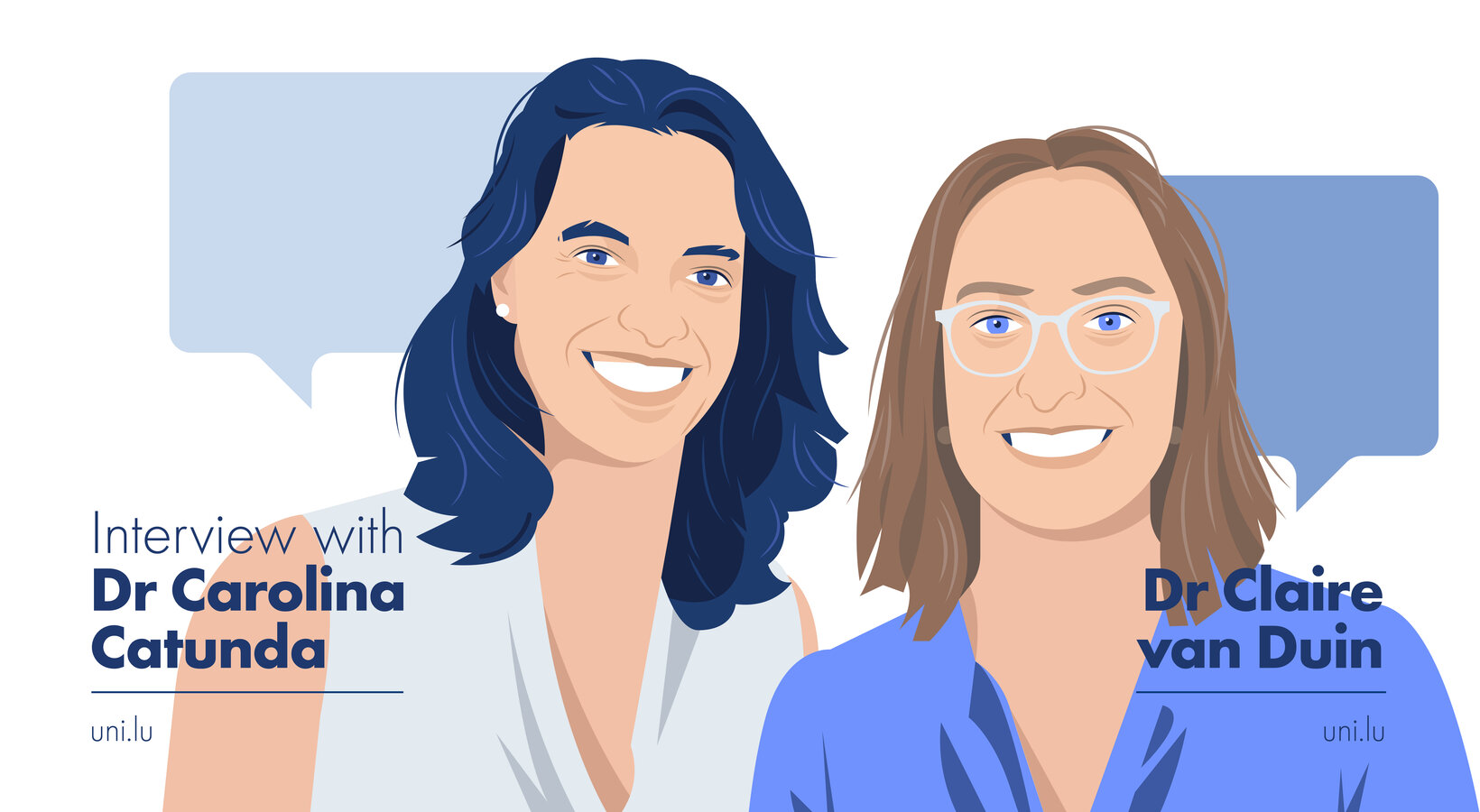Intensity of electronic media communication, which is based on time spent communicating with others online, is associated with problematic social media use. In that sense time spent on social media matters, but problematic social media use is by no means the result of one factor such as frequency of time spent online.
It is important that social media use does not replace other activities that are beneficial to the health and well-being of young people, such as engaging in physical activity. Research on social media use of young people indicates that it is not necessarily a problem whether social media is used, or how much time is spent on social media, but rather that it is important how social media is used.
For example, is social media used with motive for social connection, for entertainment, for educational purposes or for boredom? Additionally, what kind of content are young people actively seeking out, or being exposed to, while using social media? These different factors that are connected to how social media is used appear to be more important for negative and positive effects of social media on young people than the time spent on social media.
With regards to time limits on social media use, the WHO published guidelines on physical activity, sedentary behaviour, and sleep for children under 5 years of age in 2019. In these guidelines it is recommended that infants less than one year old should not engage in sedentary screen time, and for children from one to four years old should not exceed one hour per day.
Time limits on sedentary screen time for older children and adolescents have been proposed by different organisations around the world, although these guidelines are regularly criticised for not being based on sufficient evidence. Generally, it is important that social media use (and sedentary screen time in general) does not replace activities such as physical activity or socialising with friends, nor has a negative impact on schoolwork or sleep patterns.
![[Translate to English:] [Translate to English:]](/fileadmin/_processed_/8/c/csm_428_EXP_Anne-Marie_Loesch-80_4ebe39b6cf.jpg)

![[Translate to English:] [Translate to English:]](/fileadmin/_processed_/9/7/csm_426_EXP_Romy_Reding_Spuerkeess_28mars25_f6a6df7a8f.jpg)
![[Translate to English:] [Translate to English:]](/fileadmin/_processed_/5/8/csm_SP_175_Illustration_422_EXP_Bertrand_Lathoud_Luxembourg_House_of_Cybersecurity_d8f6d97d0e.jpg)
![[Translate to English:] [Translate to English:]](/fileadmin/_processed_/f/5/csm_SP_171_Illustration_420_EXP_Philippe_Parage_CN3_77e5a0f32e.jpg)
![[Translate to English:] [Translate to English:]](/fileadmin/_processed_/8/7/csm_410_EXP_Luigi_Garofoli_Spuerkeess_6fe92987c1.jpg)
![[Translate to English:] [Translate to English:]](/fileadmin/_processed_/7/d/csm_417_RSE_Max_Didier_CDCL_ac53048797.jpg)
![[Translate to English:] [Translate to English:]](/fileadmin/_processed_/1/7/csm_416_EXP_Marco_Rasque_Da_Silva_Spuerkeess__1__33f3f45032.jpg)
![[Translate to English:] [Translate to English:]](/fileadmin/_processed_/9/a/csm_415_EXP_Stephanie_Damge_House_of_Entrepreneurship_ef4a4a81e8.jpg)
![[Translate to English:] [Translate to English:]](/fileadmin/_processed_/3/6/csm_414_EXP_Tom_Wirion_68ffad8a51.jpg)
![[Translate to English:] [Translate to English:]](/fileadmin/_processed_/0/7/csm_Jessica_Thyrion_ESG_080dab77d5.png)

![[Translate to English:] [Translate to English:]](/fileadmin/_processed_/6/2/csm_404_RSE_Elena_Fuzzi_Aude_Payan_KPMG__1__d37f342c7d.jpg)